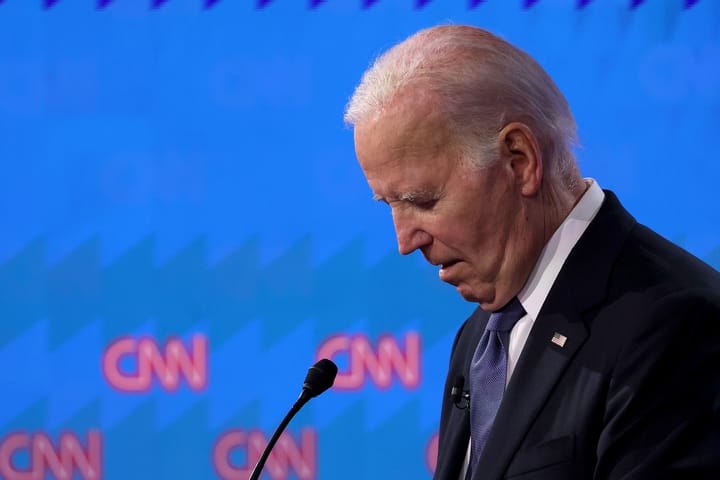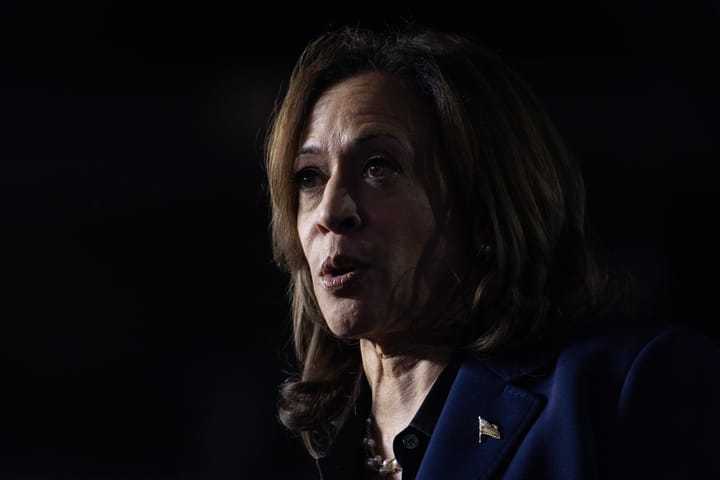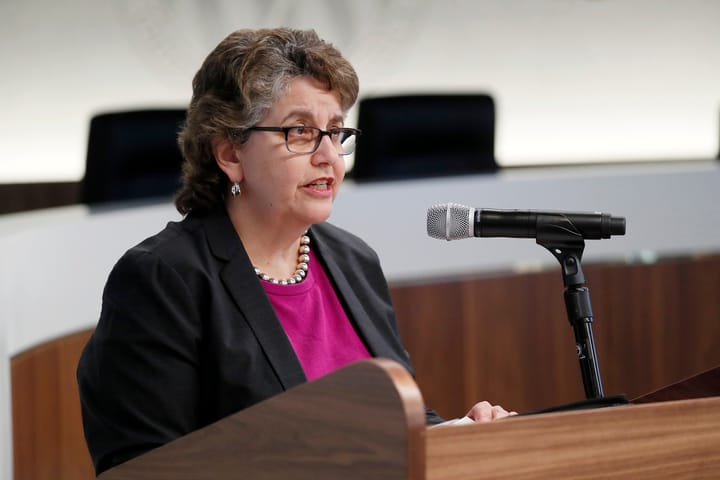If Joe Biden steps aside following his faltering debate performance on Wednesday night, the process for selecting a replacement nominee would fall to the roughly 4,700 delegates of the Democratic National Convention, a group containing elected officials, party leaders, and—despite past efforts to kick them off—corporate lobbyists and consultants.
The vast majority of the Democratic National Convention’s delegates are currently pledged to President Biden, with no other candidates having secured a significant number during the Democratic primaries. But if Biden chooses not to run, those pledged delegates would have the first shot at selecting the party’s nominee.
According to the Democratic National Committee’s 2024 delegate selection rules, state parties select their pledged district-level delegates and then select pledged at-large (or statewide) delegates with consideration to balance out the number of men and women and achieve other diversity goals. The pledged delegates typically include big-city mayors, state legislators, and local party activists.
If no candidate wins a majority of the delegates on the first ballot vote, the process gets opened up to the 738 automatic unpledged delegates, or “superdelegates,” who are composed primarily of national party leaders and elected officials. They include Democratic members of Congress, Democratic governors, and members of the Democratic National Committee—many of whom work as consultants and lobbyists for corporate clients.
If Biden were to step aside in the next few weeks, in one scenario, the little-known Democratic National Convention Rules Committee could exert significant sway over the nomination rules. This Rules Committee, whose members are not disclosed publicly, plans to hold its sole meeting virtually on July 19. A longtime DNC member told Sludge that it’s possible the committee could change the nomination process for pledged delegates, such as by instructing them to vote for another candidate if Biden bows out. The committee is co-chaired by Minnesota Gov. Tim Walz and Rev. Leah D. Daughtry, CEO of the 2008 and 2016 conventions, according to the DNC member. This year’s Democratic National Convention chair is Minyon Moore, principal at public affairs firm and corporate consultancy Dewey Square Group, who also co-chairs the DNC Rules and Bylaws Committee.
In another scenario if Biden steps aside, possible Democratic candidates like Vice President Kamala Harris, California Gov. Gavin Newsom, or Michigan Gov. Gretchen Whitmer could campaign to convince pledged delegates to get behind them on the first ballot.
On a second ballot, all delegates—pledged and unpledged—would be free to vote for their candidate of choice. Besides voting on a potential second ballot, superdelegates would likely play a guiding role in the case of a contested convention by working to steer their state delegation toward particular candidates on the first ballot vote.



